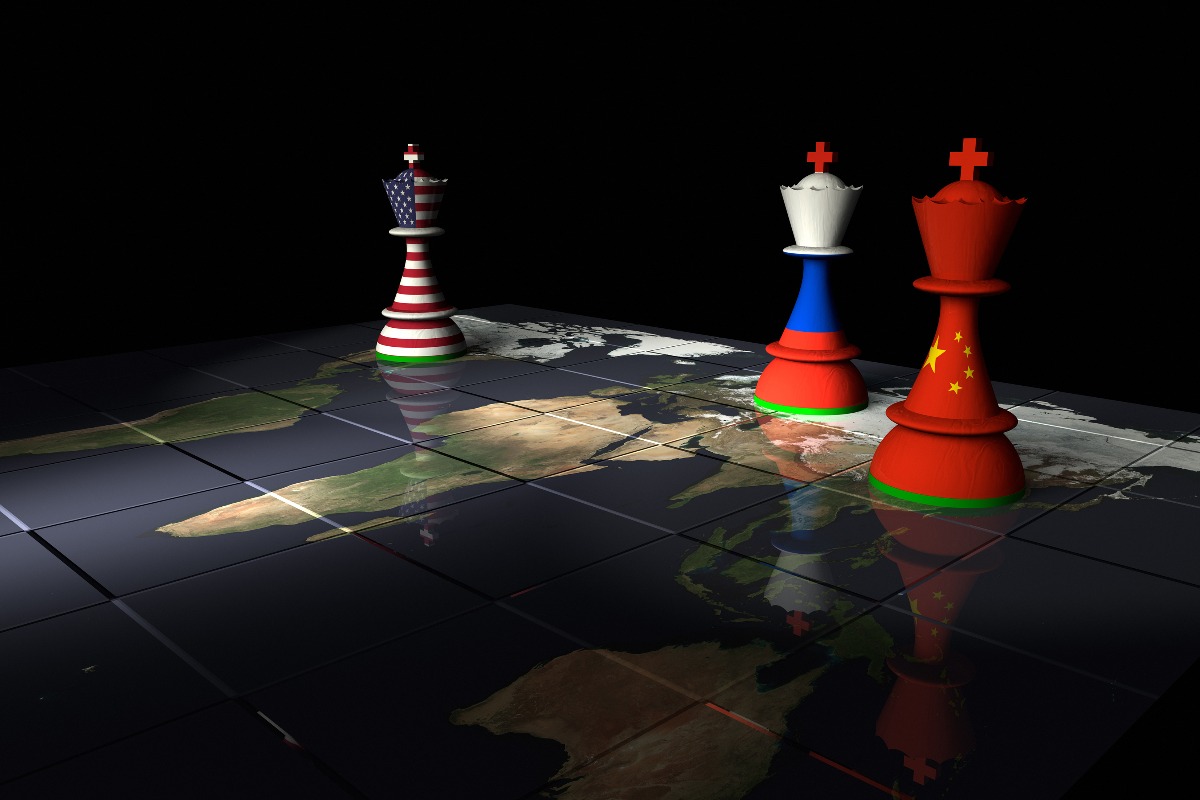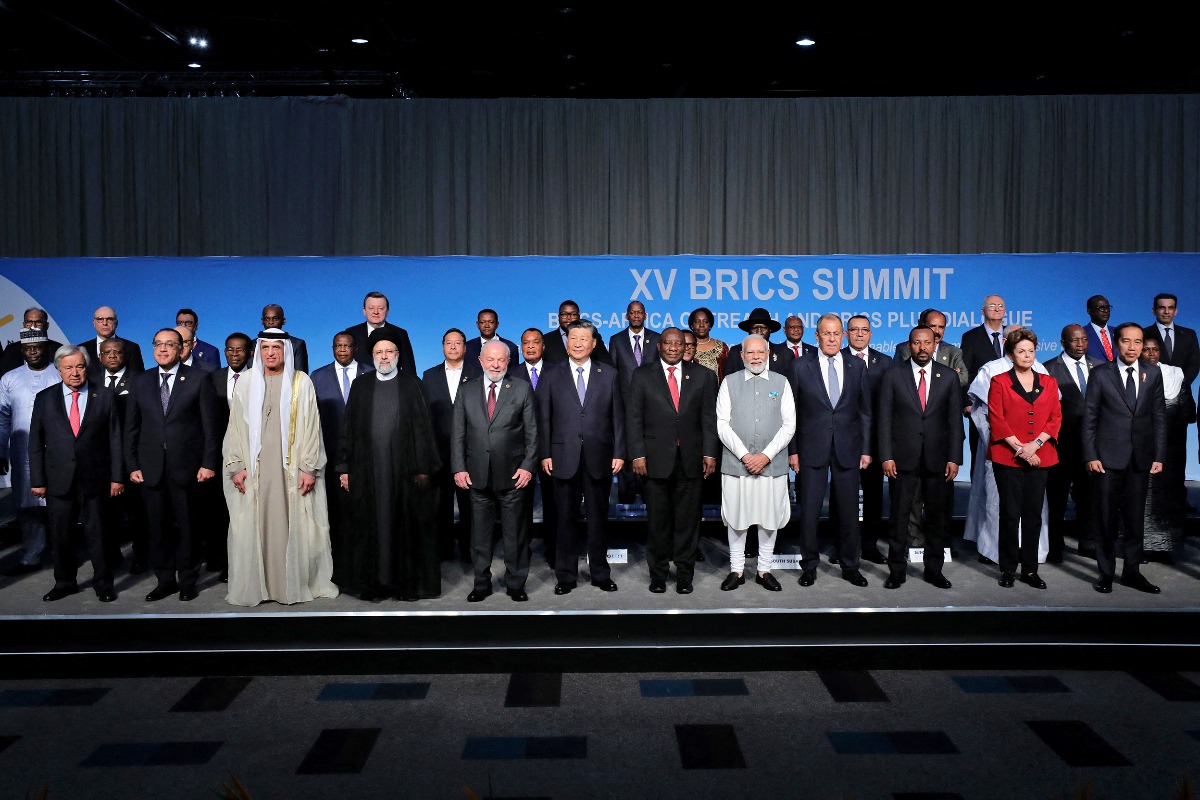Over the last hundred years, we have seen several Russian, Japanese or EU attempts at creating similar Eurasian connectivity, but the economic or political strength of the respective countries/regions was not quite sufficient to undertake an initiative of this scale. After all, according to Zbigniew Brzeziński, former chief national security adviser to the US president, the main geopolitical space for the United States is Eurasia, and the United States' global pre-eminence depends directly on its ability to maintain its dominance throughout Eurasia. This can only be countered by strong economic and political backing. It can be said, therefore, that the BRI's ten years of steady development are a testament to China's economic and political strength.
In recent years, we have heard from Chinese leaders on many platforms that the world needs a harmonious, multipolar world order that should not be governed by a single country or small community. Asian countries reject hegemony and constantly advocate peaceful dialogue and cooperation.
The Belt and Road Initiative could be an appropriate world order alternative but, above all, for non-Western civilisations or non-aligned countries - who make up several times the Western community of 800 million. In international politics, we are increasingly seeing that the Chinese initiative is better received in the world than the Western approach: more and more countries are joining the BRI, and there are also more and more countries that do not want to take sides but want to maintain good relations with both Western and Eastern countries. This thinking is supported by China, but rejected by the West, which is pushing for bloc-building.
Over the last ten years, the BRI has made great progress, but it will take many years or decades to see whether or not it will really be the basis of a new world order because the transformation of the world order is not a year or two away. In any case, it can be concluded that the Belt and Road Initiative can provide a suitable alternative to the framework of a new multipolar world order.
Cover graphic by Alexandra Érsek-Csanádi



